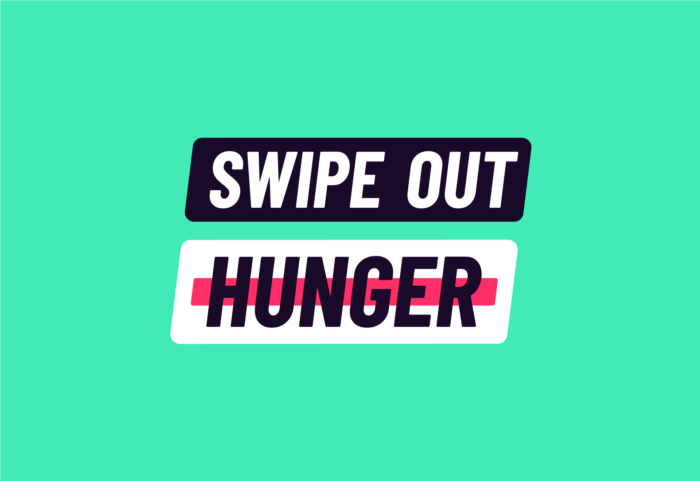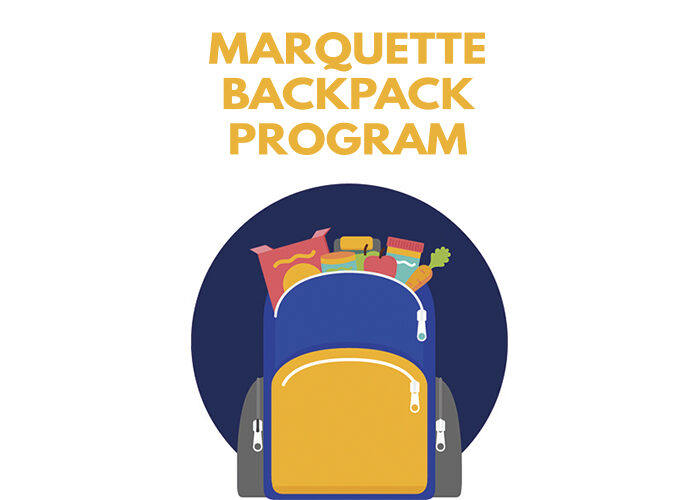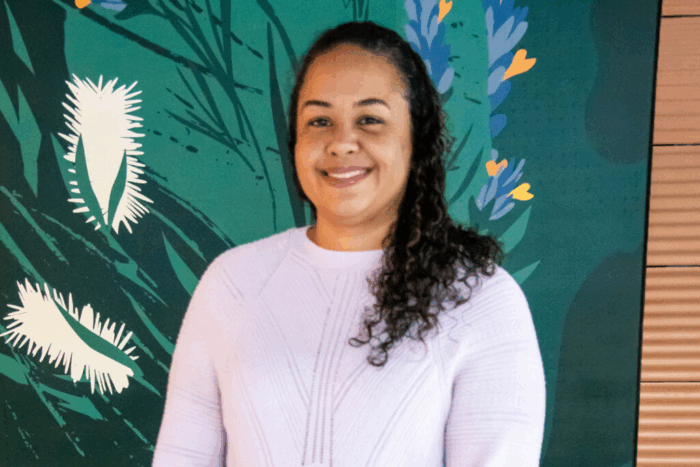
Food is a basic need that everyone should have access to; unfortunately, there are Marquette students who struggle with food insecurity. Between classes, jobs, studying and extracurricular activities, a hot meal may be hard to find because of limited time, money, resources and cooking ability.
Marquette University is trying to bridge that gap by partnering with national organization Swipe Out Hunger in collaboration with the Division of Student Affairs, Sodexo and MUSG to make sure no student at Marquette goes hungry.
Swipe Out Hunger works with college campuses to get nourishing meals to students through a menu of innovative and sustainable programs, including guidance and funding opportunities for campus pantries and swipe drives where students can donate their meal swipes into a swipe bank. Those swipes can then be allocated into the accounts of students who demonstrate need.
“Food is a basic human right and our students shouldn’t have to decide whether they eat that day or if they pay rent,” says Christine Little, manager of campus food recovery and assistance. “College hunger impacts our students’ health and well-being, from the physical impact of not eating enough, which can directly impact their ability to study and pay attention in class, to their emotional and social well-being.”
Upper-division students at Marquette do not have a meal plan built into their bills and must depend on themselves to put food on the table, unlike first-year and sophomore students who all receive meal plans as part of their room and board costs. And despite working hard to pay their bills, many times there’s not enough money left over for groceries.
Eva Antoni, a junior political science major, has greatly benefited from the Swipe Out Hunger program.
“Although I work 4-5 days a week, I still struggle on my own to make ends meet,” Antoni says. “This program helped me to easily access food in between classes or work without having to cook or run back to my apartment when I don’t necessarily have the time.”
Although this program is new, it’s already helped many students at Marquette.
“I see this program in the future helping more students fuel their bodies,” Antoni says. “Everyone should have access to food, but that is not always the case.”
The Backpack Program

Marquette is also addressing food insecurity through its Backpack Program, a free and confidential service that provides groceries and necessary toiletries to any Marquette student who is having difficulty accessing affordable, nutritious food and other essential household items.
In a 2018 study of Marquette students, one-in-five students were identified as having experienced food insecurity during the past school year.
Food insecurity disproportionately affects students of color, LGBTQ students, first-generation students and students from low-socioeconomic backgrounds. Addressing food insecurity on campus supports the academic success and retention of students, particularly minoritized students.
Students in need can access these on-campus resources, which are available from Marquette’s Division of Student Affairs.
Related Content:


